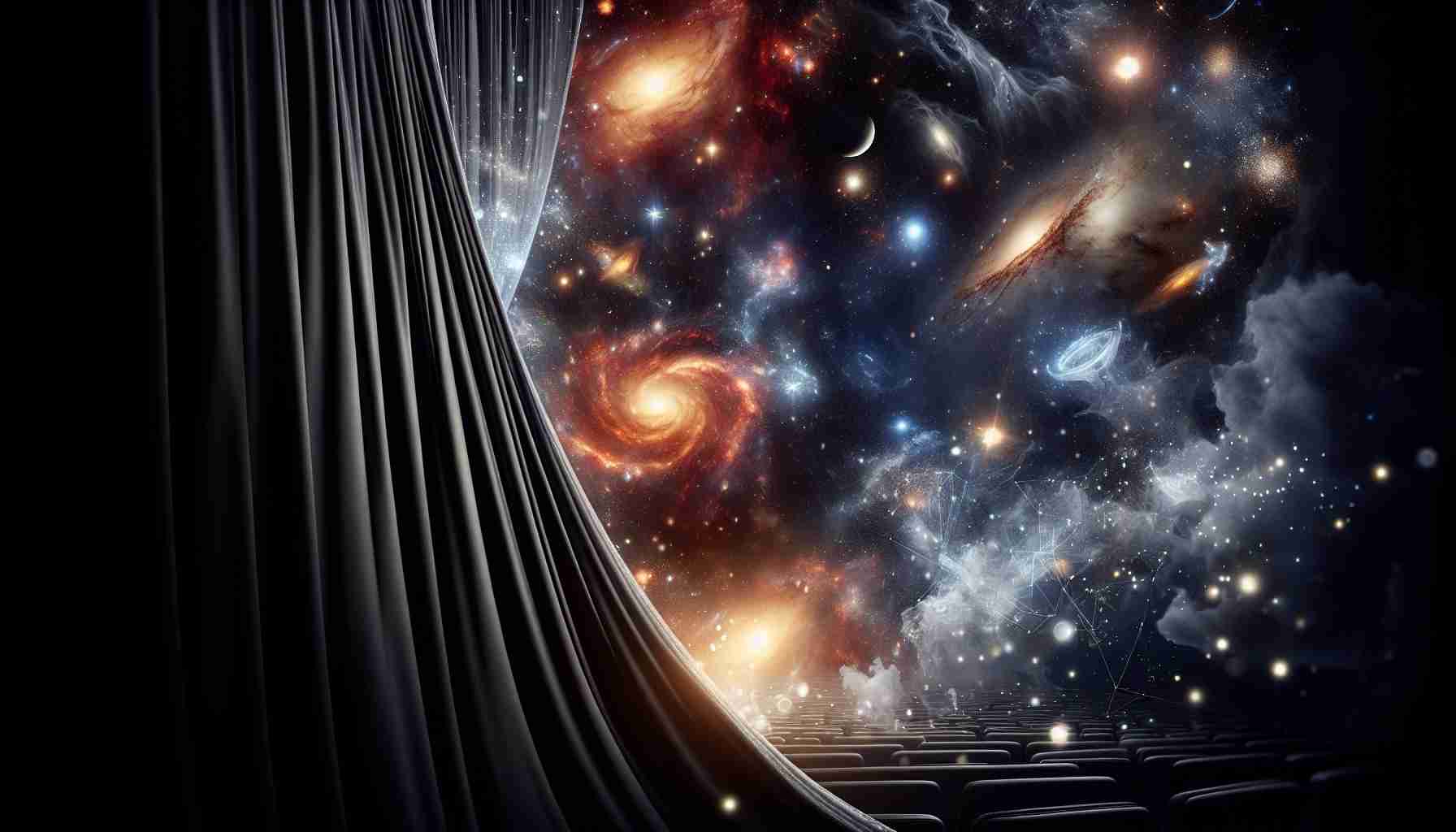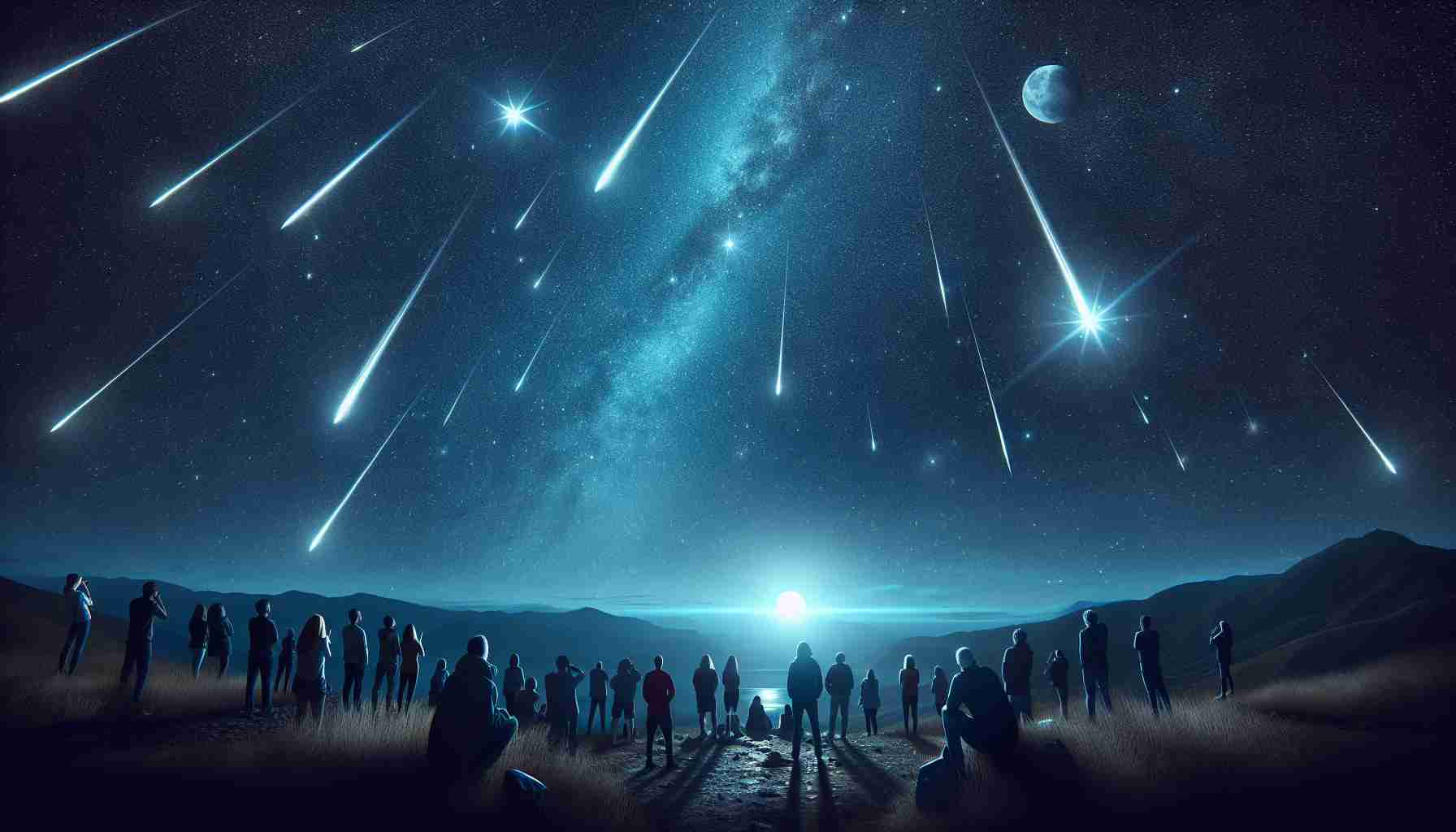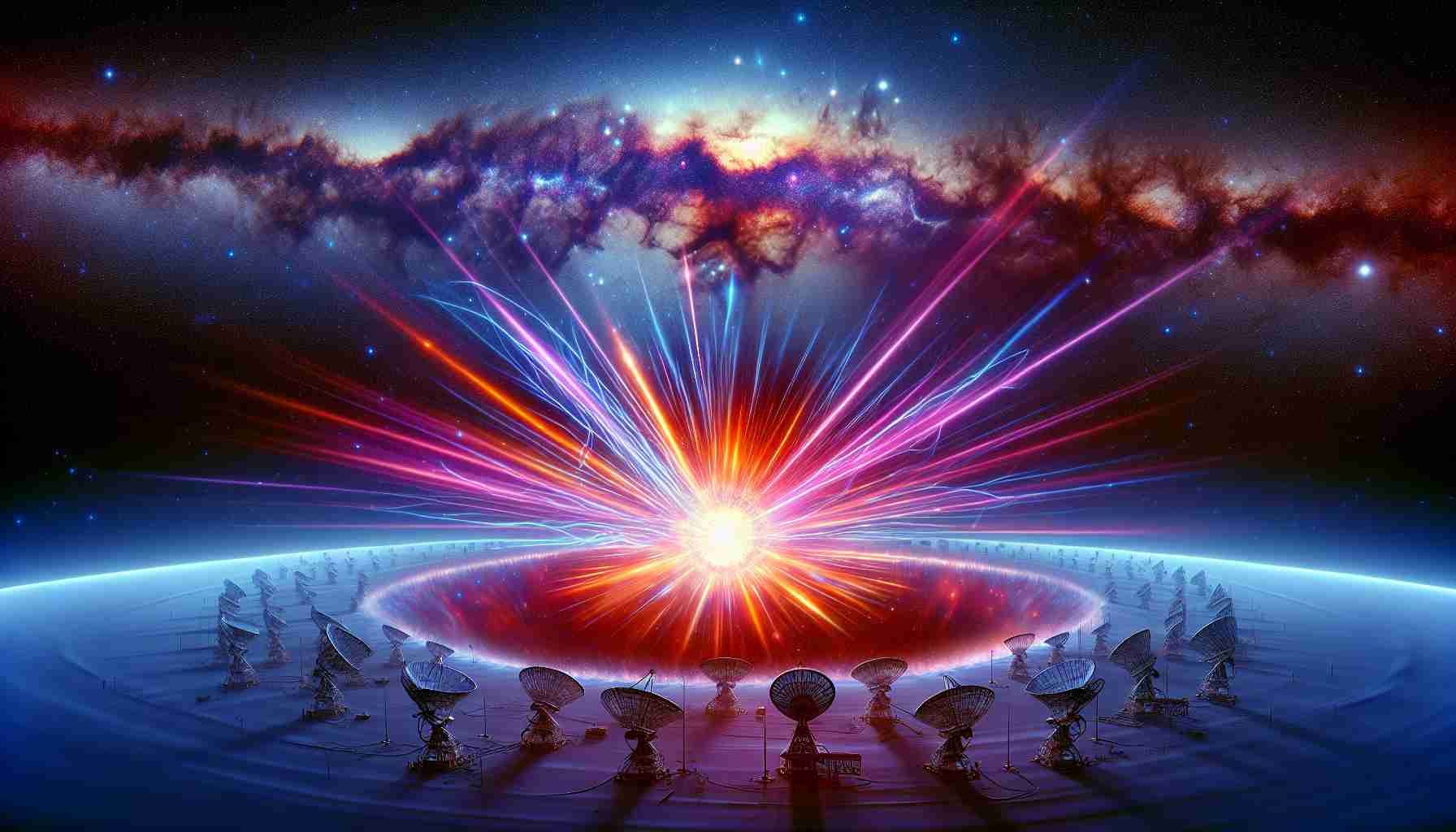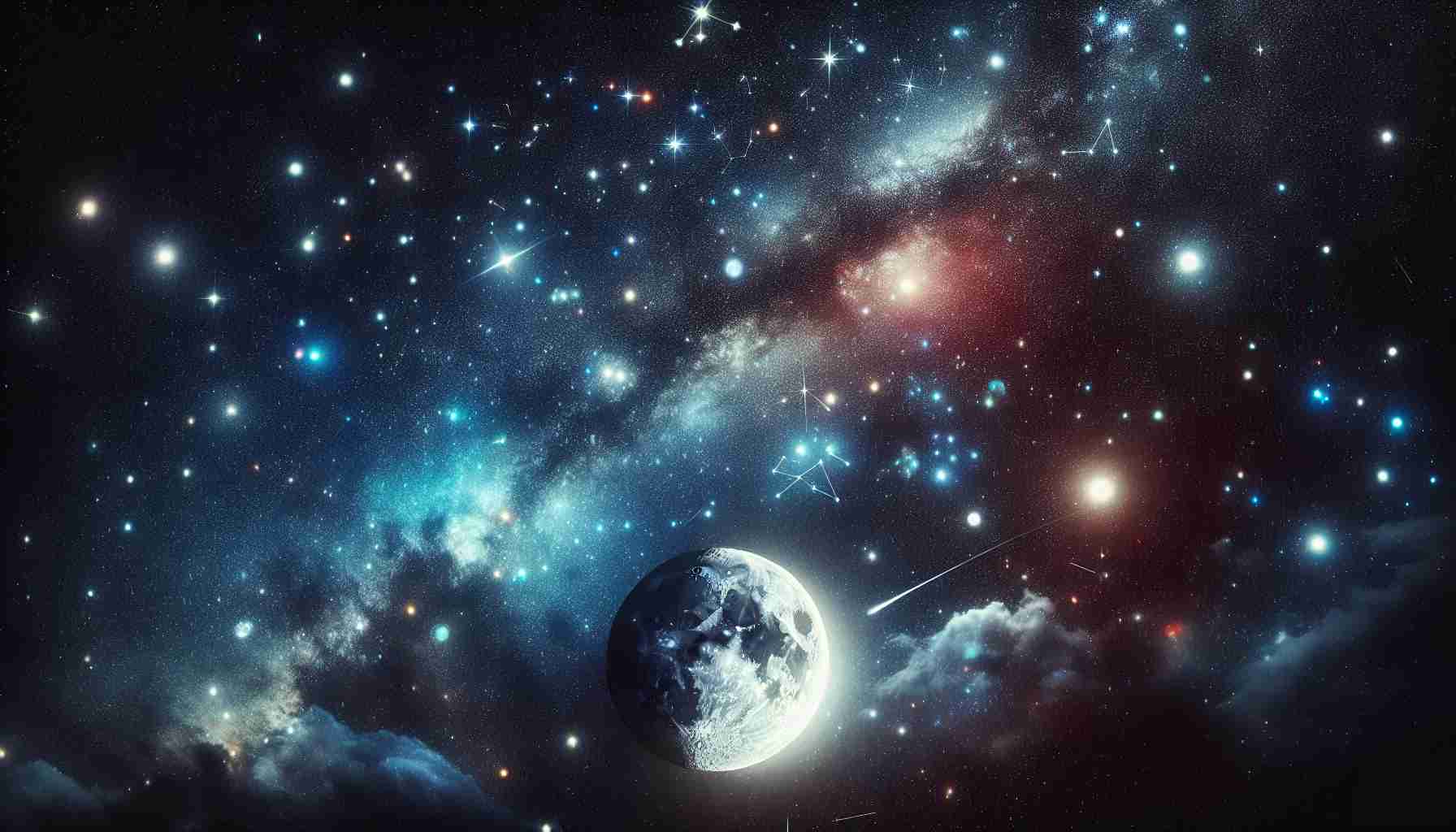Uncovering the Universe’s Secrets
How One Man Changed Our Understanding of Space
Edwin Hubble’s groundbreaking work reshaped our understanding of the universe. In a time when the notion of an expanding universe was revolutionary, **Hubble’s meticulous observations led to the realization that we are merely part of a vast cosmos filled with countless galaxies**.
Born on November 20, 1889, in Missouri, Hubble excelled in sports while secretly nurturing a passion for astronomy, sparked by his grandfather’s gift of a telescope. Initially coerced into studying law at the University of Chicago, he persevered and nurtured his scientific interests alongside his legal education.
After serving in World War I and completing his doctorate, Hubble joined the prestigious Mount Wilson Observatory. His pivotal moment came in 1923 when he identified a Cepheid variable star in the Andromeda Nebula, revealing it to be 900,000 light-years away. This discovery solidified the theory that nebulae were not mere clouds of gas within the Milky Way, but distinct galaxies.
In early 1925, Hubble presented his findings, which were met with acclaim and confirmed the existence of multiple galaxies. This breakthrough not only ended the long-standing “Great Debate” among astronomers, but it also paved the way for the recognition of the universe’s dynamic nature, culminating in the understanding that it is expanding.
Hubble’s contributions ultimately earned him a lasting place in astronomical history, revealing the universe as an ever-evolving expanse rather than a static entity.
Edwin Hubble: The Pioneer of Cosmic Expansion and His Lasting Legacy
Edwin Hubble’s contributions to astronomy revolutionized our understanding of the universe and its vast, dynamic nature. His meticulous research and groundbreaking observations in the early 20th century laid the foundational principles of modern cosmology.
### Key Innovations in Astronomy
Hubble’s work introduced the idea that not only does the universe contain numerous galaxies, but it is also expanding. His formulation of Hubble’s Law, which describes the relation between the distance of galaxies and their recession velocity, provided the first observational evidence that the universe is not static, but eternally stretching. This pivotal assertion not only changed the trajectory of astronomical research but also influenced our understanding of the origins of the universe itself.
### Hubble’s Telescope and Observations
A significant aspect of Hubble’s achievements was his use of the 100-inch telescope at the Mount Wilson Observatory. This powerful instrument allowed him to make detailed observations that were previously impossible. Through dedicated study of Cepheid variable stars in different galaxies, he measured their distances from Earth with remarkable accuracy, significantly enhancing the cosmic distance ladder.
### FAQ
**What was Edwin Hubble’s biggest contribution?**
Hubble’s most notable contribution is his discovery of the expanding universe and the establishment of Hubble’s Law, which correlates the distance of galaxies to their recessional velocity.
**How did Hubble’s work impact modern science?**
His findings not only revolutionized our understanding of the universe as an expanding entity but also laid the groundwork for the Big Bang theory, transforming the field of cosmology.
### Pros and Cons of Hubble’s Discoveries
**Pros:**
– Revolutionized our understanding of the universe’s structure.
– Enabled the calculation of cosmic distances.
– Paved the way for future astronomical research and discoveries.
**Cons:**
– Challenged long-held beliefs about a static universe, leading to initial skepticism within the scientific community.
– The incredible scale of the universe can be overwhelming for the public’s comprehension.
### Current Trends in Cosmology
Hubble’s discoveries continue to be relevant in modern astronomy. Current observations from telescopes like the Hubble Space Telescope and more recent missions such as the James Webb Space Telescope build upon Hubble’s legacy, seeking to explore deeper into the universe’s history and structure. The exploration of dark energy and dark matter has further evolved from the groundwork laid by Hubble, presenting new mysteries in cosmology.
### Insights into Edwin Hubble’s Legacy
Hubble’s influence extends beyond his discoveries; it has inspired generations of scientists. The Hubble Space Telescope, named in his honor, not only continues to provide invaluable data but also reflects a commitment to deepening our understanding of astronomical phenomena.
### Conclusion
Edwin Hubble’s life and work exemplify the spirit of scientific inquiry and the relentless pursuit of knowledge. His contributions continue to inspire astronomical research and provoke thought about our place in the expansive universe. For more information on Hubble’s legacy and its impact on modern astronomy, you can visit HubbleSite.














